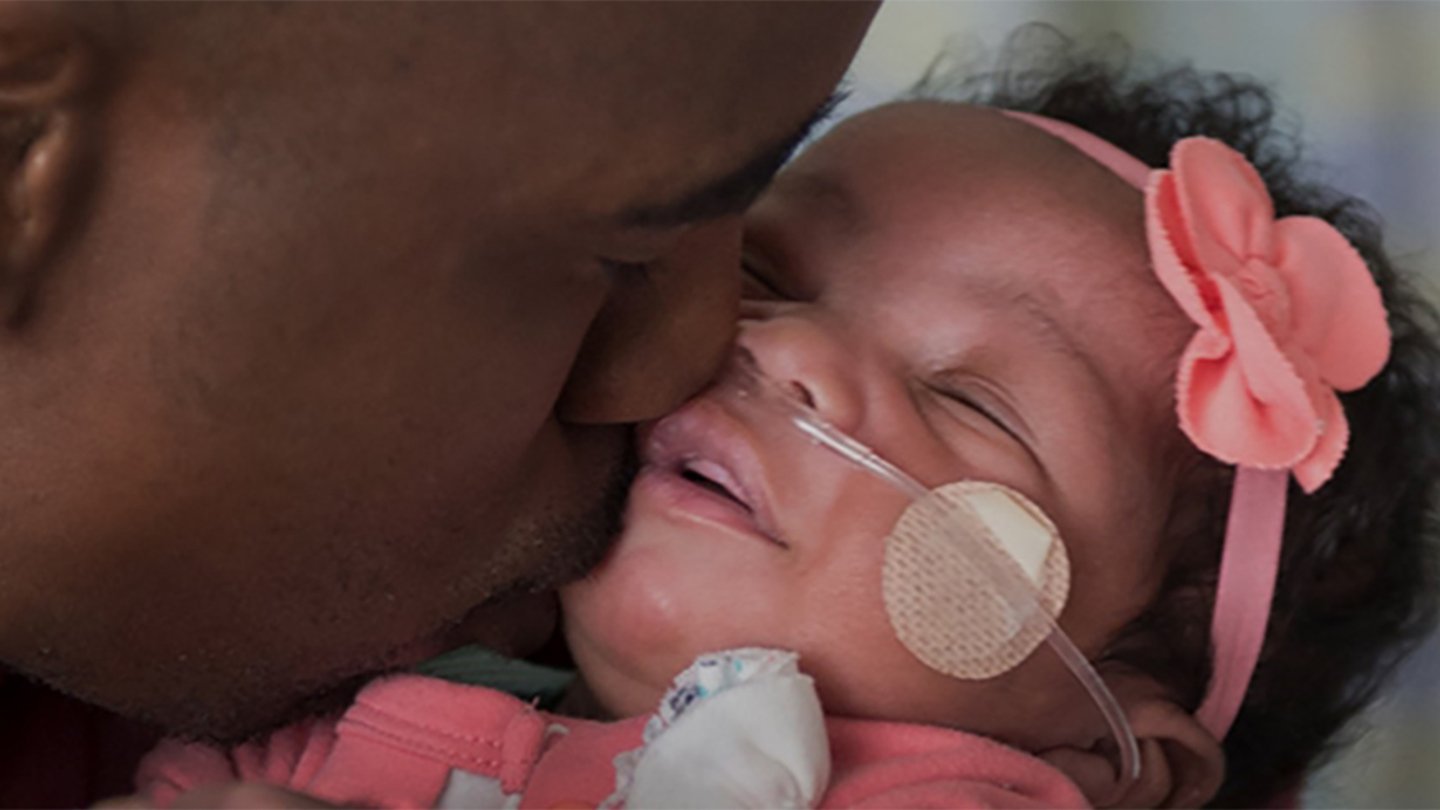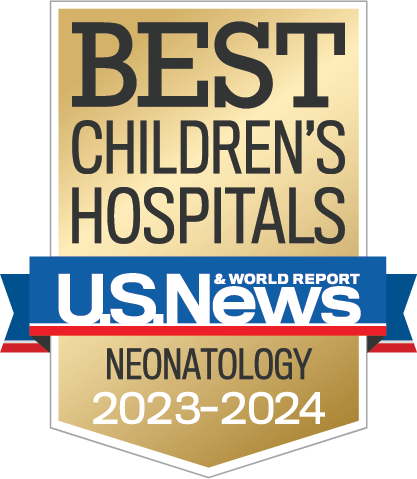- Doctors & Departments
-
Conditions & Advice
- Overview
- Conditions and Symptoms
- Symptom Checker
- Parent Resources
- The Connection Journey
- Calm A Crying Baby
- Sports Articles
- Dosage Tables
- Baby Guide
-
Your Visit
- Overview
- Prepare for Your Visit
- Your Overnight Stay
- Send a Cheer Card
- Family and Patient Resources
- Patient Cost Estimate
- Insurance and Financial Resources
- Online Bill Pay
- Medical Records
- Policies and Procedures
- We Ask Because We Care
Click to find the locations nearest youFind locations by region
See all locations -
Community
- Overview
- Addressing the Youth Mental Health Crisis
- Calendar of Events
- Child Health Advocacy
- Community Health
- Community Partners
- Corporate Relations
- Global Health
- Patient Advocacy
- Patient Stories
- Pediatric Affiliations
- Support Children’s Colorado
- Specialty Outreach Clinics
Your Support Matters
Upcoming Events
Child Life 101
Wednesday, June 12, 2024Join us to learn about the work of a child life specialist, including...
-
Research & Innovation
- Overview
- Pediatric Clinical Trials
- Q: Pediatric Health Advances
- Discoveries and Milestones
- Training and Internships
- Academic Affiliation
- Investigator Resources
- Funding Opportunities
- Center For Innovation
- Support Our Research
- Research Areas

It starts with a Q:
For the latest cutting-edge research, innovative collaborations and remarkable discoveries in child health, read stories from across all our areas of study in Q: Advances and Answers in Pediatric Health.



Our neonatal whole body cooling program provides state-of-the-art care for babies who have experienced reduced oxygen or blood flow to their brain. The care team at Children’s Hospital Colorado features a range of specialists who care specifically for babies’ developing brains. Our team is among the most experienced in the nation in neonatal body cooling. They can help limit damage from brain injury and help your baby grow up as healthy as possible.
What is whole body cooling therapy?
Neonatal body cooling, also called newborn therapeutic hypothermia, lowers your baby’s body temperature to treat hypoxic ischemic encephalopathy (HIE). HIE is a neonatal brain injury that occurs if your baby’s brain doesn’t receive enough oxygen. HIE can cause brain impairment, such as epilepsy, developmental delays and motor and cognitive skill impairment. Our neonatal body cooling system slowly and safely lowers your baby’s body temperature to 92 degrees Fahrenheit, which slows the brain’s metabolism and can prevent further damage.
The sooner body cooling starts, the better the outcomes for your baby. This is why we have the capability to begin infant cooling during neonatal transport. Our neonatal transport experts are experienced in safely beginning cooling therapy while your baby is being transported to Children’s Colorado by the only pediatric-only transport service in the Rocky Mountain region.
What should you expect from neonatal body cooling?
During neonatal cooling, your baby lies on a water-filled cooling blanket to lower their body temperature. Your baby will typically stay on the cooling blanket for three days, which research shows can decrease the severity of brain injuries. While on the blanket, your baby will have constant electroencephalogram (EEG) monitoring by a pediatric neurologist who is specially trained to monitor your baby’s brain wave activity.
Our team of specialists are all on-site 24 hours a day if your baby needs any special care during treatment. These specialists include board-certified neonatologists, neurologists, neuro-radiologists, neonatal nurse practitioners, nurses and neonatal developmental specialists. If needed, our specialists provide care for seizures, hemodialysis and peritoneal dialysis for kidney failure and advanced breathing and heart care through ECMO and other ventilation care.
What should you expect after neonatal body cooling?
After three days, we will slowly and safely warm your baby to their normal body temperature. Our neonatologists, neurologists and any other necessary specialists will evaluate your baby. They may conduct additional EEGs or MRIs to ensure your baby’s brain has responded to cooling therapy.
Once your baby is ready to leave our Neonatal Intensive Care Unit (NICU), they will likely need follow-up care with your pediatrician, and we will help coordinate that. Our team includes dedicated neonatal developmental specialists in occupational, physical and speech therapy to help your baby grow and develop. We also coordinate your follow-up care with a team of specialists in our Neonatal Brain Injury Clinic, which is the only clinic of its kind in the Rocky Mountain region.
Your baby’s long-term outcome after a neonatal brain injury depends on a number of factors, such as when the brain injury was detected, how quickly body cooling was administered and other individual factors. Children who have been treated for HIE may have developmental delays, but many kids are very similar to their peers after body cooling. Children’s Colorado is involved in multiple research projects to help advance body cooling care and improve outcomes for babies who need it.

Compassionate care, wherever you are
We’re here when you need us. Telehealth appointments are available across every specialty, so you can get the high-quality care we’ve always offered from the comfort, privacy and convenience of home.
See if telehealth is right for you



 720-777-0123
720-777-0123




 Our pioneering neonatal program treats the smallest patients at their most vulnerable, achieving the outcomes that affect the rest of their lives.
Our pioneering neonatal program treats the smallest patients at their most vulnerable, achieving the outcomes that affect the rest of their lives.